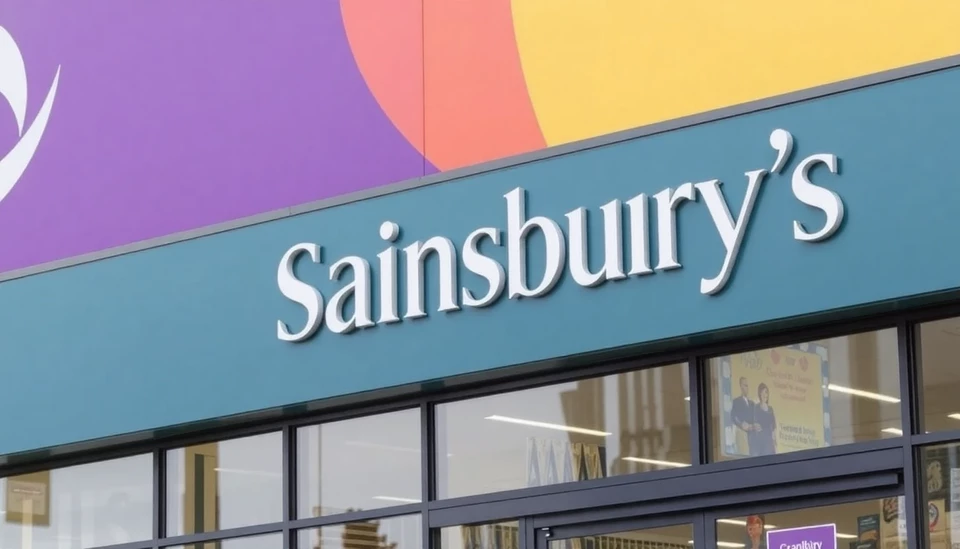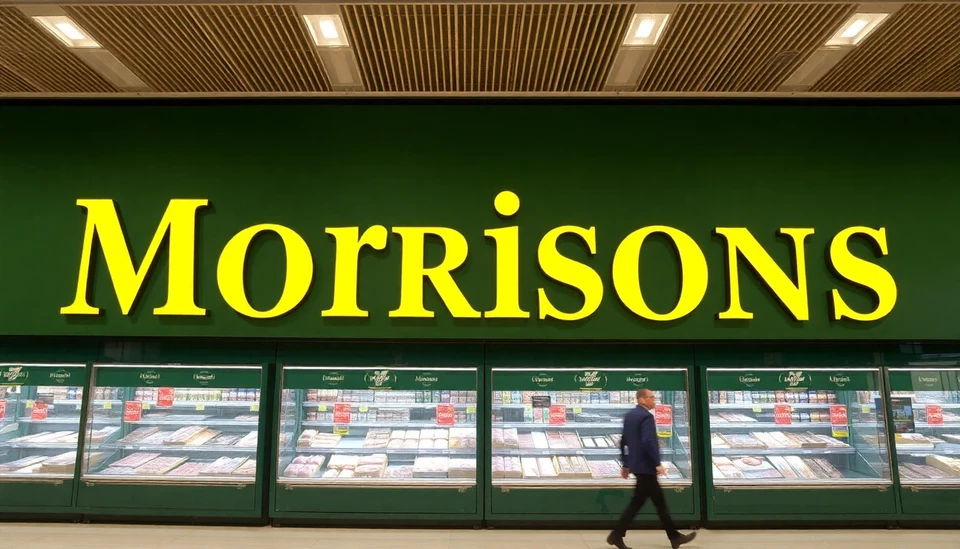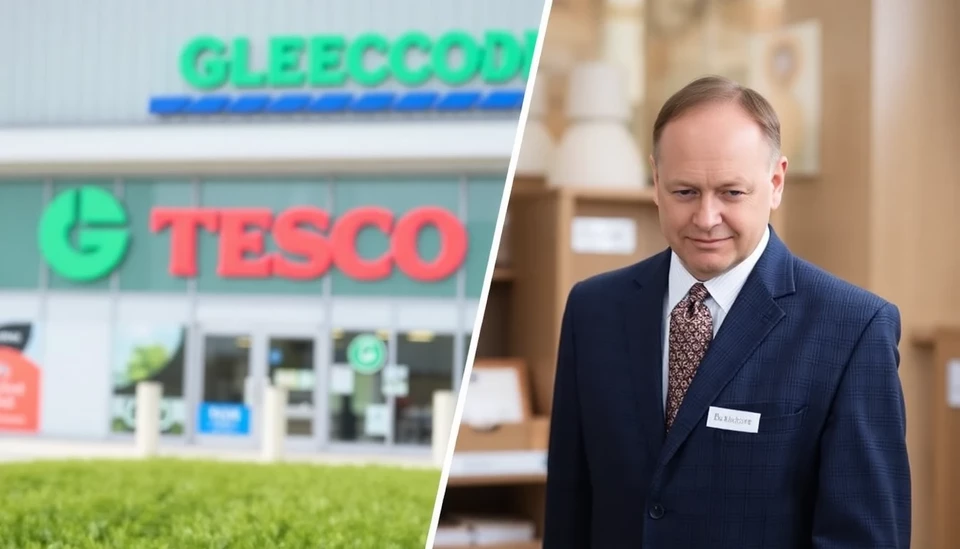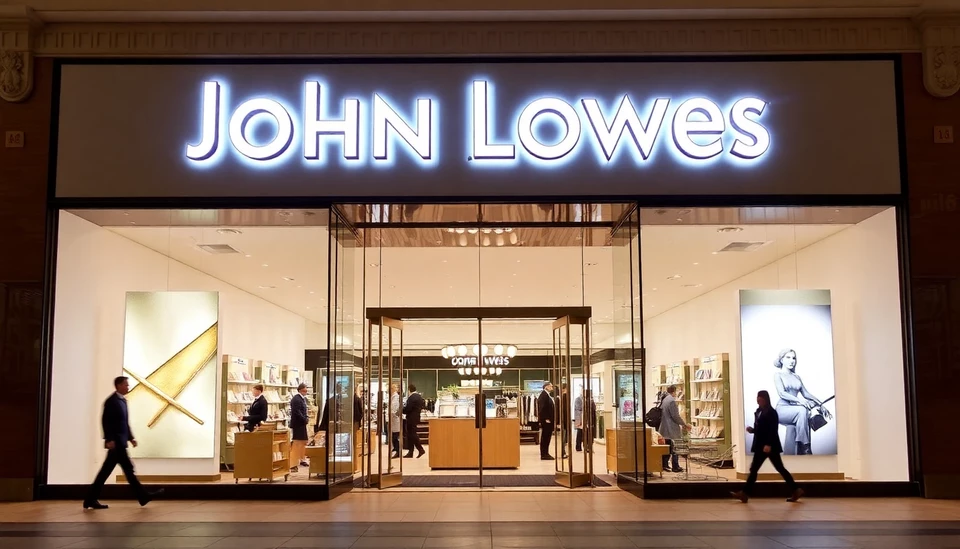
The UK retail industry has been hit hard by a staggering wave of theft, with losses reaching an unprecedented £2.2 billion in just one year. This alarming figure highlights the growing concerns retailers have regarding security and inventory control amidst rising economic pressures.
According to a recent report, the significant increase in shoplifting incidents has baffled many experts. Retailers state that shoplifting has escalated not only in volume but also in sophistication, making it harder for store personnel to prevent theft. Nearly 1 in 5 retailers reported a rise in theft-related incidents, with many attributing this trend to the financial hardships faced by consumers due to the ongoing cost-of-living crisis in the UK.
This $2.2 billion loss comprises products taken from various retail sectors, with grocery and clothing stores bearing the brunt of the impact. Some retailers have cited a shift in tactics, including organized crime syndicates targeting multiple stores simultaneously to maximize their gains. Faced with this challenge, many businesses are being forced to reassess their loss prevention strategies and security measures.
In response to the upsurge in theft, some retailers have begun investing heavily in technology aimed at bolstering security. Measures such as enhanced surveillance systems, electronic tagging, and even employing private security personnel have been implemented in numerous locations. However, these initiatives come at a cost, which can ultimately lead to higher prices for consumers and reduced profit margins for retailers.
The economic landscape for retailers is further complicated by changing consumer behaviors, compounded by economic uncertainty and a decrease in disposable income. Hence, while some shoppers may resort to theft out of desperation, others may be influenced by a less conventional view of ownership in a post-pandemic world.
The report also revealed that theft is forcing retailers to rethink their operational expenditures. Many are raising prices to offset losses, which could lead to a vicious cycle, as higher prices might push more customers to resort to theft as a means of securing affordable products.
Law enforcement agencies have acknowledged the issue as a growing concern and are increasing their efforts to tackle theft and organized crime. However, the response varies widely across regions, and many retailers feel more needs to be done to combat this escalating threat effectively. Strengthened partnerships between the police and retailers are essential in formulating lasting solutions to counteract retail theft.
As the UK retail sector continues to grapple with these daunting challenges, stakeholders are calling for greater attention from the government. They are advocating for improved support measures that would help retailers manage losses while maintaining fair pricing for consumers. The hope is that through collaboration and innovative thinking, the industry can navigate this turbulent period and emerge stronger.
In conclusion, the sharp rise in theft incidents serves as a stark reminder of the vulnerabilities present within the retail environment. As businesses wrestle with the implications of this troubling trend, the impact on communities and the economy could be profound if solutions are not promptly and effectively implemented.
#UKRetail #Theft #RetailLosses #Shoplifting #ConsumerBehavior #SecurityMeasures #CrimePrevention #CostOfLiving #EconomicImpact #RetailChallenges
Author: Victoria Adams




